
Carmen Vargas: Authorities investigate Gilgo Beach serial murder suspect Rex Heuermann over 1989 unsolved murder
Carmen Vargas' body was found dumped on the side of the Meadowbrook Parkway, just seven miles from Gilgo Beach murder suspect Rex Heuermann's Massapequa Park home
2023-09-08 16:56
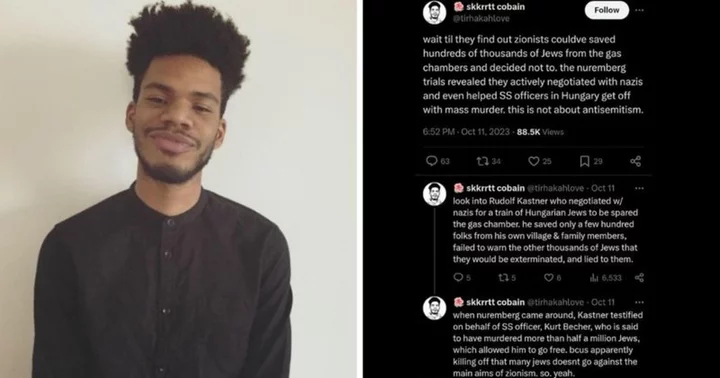
Who is Tirhakah Love? NY Mag journo slammed over 'sick and depraved' antisemetic posts
Tirhakah Love, a senior writer for New York Magazine, has faced severe backlash for making shocking and widely condemned antisemitic statements on social media
2023-10-23 15:17

Gaza has oil markets on edge. That could build more urgency to shift to renewables, IEA head says
Oil prices are up and markets are tense after the outbreak of war in Gaza
2023-10-24 16:56
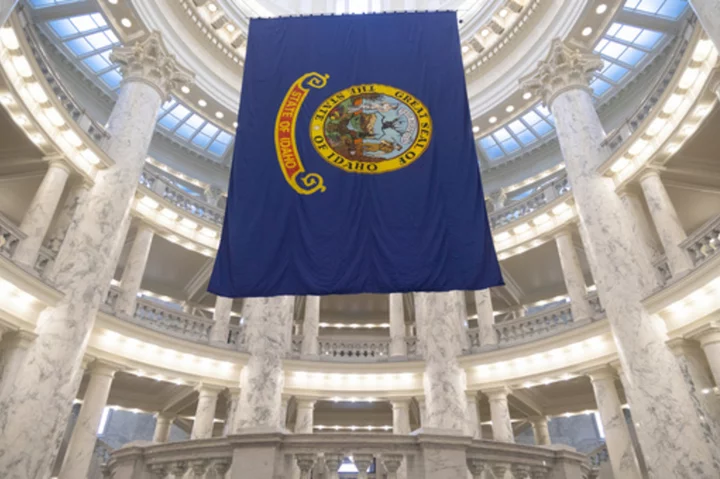
Idaho and Missouri shift to Republican presidential caucuses after lawmakers cancel primaries
Republicans in two states will be using caucuses to make their presidential picks next year after GOP-led legislatures canceled presidential primary elections
2023-10-04 02:58

'We love seeing your progress': '1000-lb Sisters' fans praise Tammy Slaton as she flaunts slim physique in new video
'1000-lb Sisters' star Tammy Slaton showed off her slimmer face following incredible weight loss
2023-07-21 09:29

How many children does Mark Zuckerberg have? Meta CEO takes family to Taylor Swift's Eras tour concert
Mark Zuckerberg was seen sporting rhinestones on his face as he took photos with his family at the concert
2023-07-30 19:54

What's streaming now: Doja Cat, 'Sex Education,' 'Spy Kids,' 'The Super Models' and 'Superpower'
This week’s new entertainment releases include an album from Doja Cat, a reboot of Robert Rodriguez’s “Spy Kids” franchise with a film starring Gina Rodriguez and Zachary Levi and the critically-acclaimed “Sex Education,” one of Netflix’s most popular shows, returns for its fourth and final season
2023-09-23 04:18

Al Pacino, 83, says he's happy about 29-year-old GF Noor Alfallah's pregnancy despite rumors he demanded paternity test
'I've got many kids. But this is really special coming at this time,' said Al Pacino
2023-06-07 15:54

Bank of Japan survey shows manufacturers optimistic about economy
Business sentiment among big Japanese manufacturers improved in July-September for the second straight quarter, according to a central bank survey
2023-10-02 13:59

'Shiny Happy People: Duggar Family Secrets’: Ex-IBLP members reveal how founder Bill Gothard taught 's**t-shaming' instead of math
The series claimed that Bill Gothard allegedly used biblical passages to justify punishment by the 'rod' to 'break a child’s will'
2023-06-03 16:59
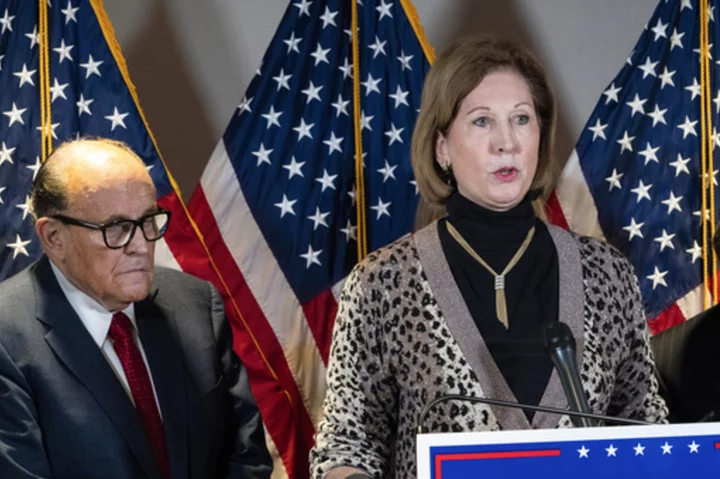
Sidney Powell vowed to 'release the Kraken' to help Donald Trump. She may now testify against him
The Kraken has cracked
2023-10-20 05:49

Did Adin Ross flash PinkyDoll? Kick streamer's livestream with NPC TikToker goes viral, trolls dub it 'cringe'
Adin Ross and NPC TikToker PinkyDoll played a game that left the latter shocked in the end
2023-08-04 19:50
You Might Like...
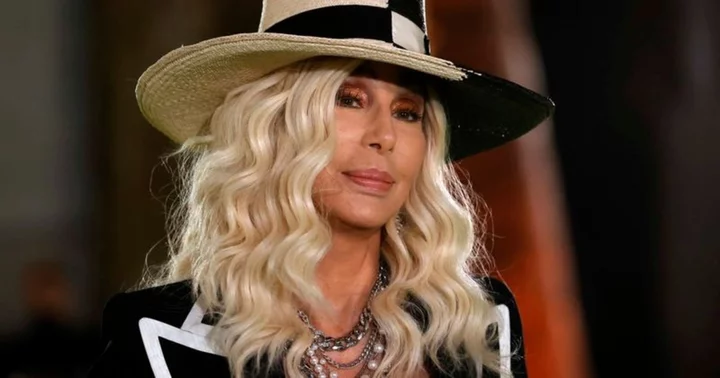
'I was so terrified': Cher tells Jimmy Fallon how she got Stevie Wonder onboard her new holiday album 'Christmas'

Texas nuclear waste storage permit invalidated by US appeals court

Stock market today: Wall Street edges higher in early trading

Amazon’s $1.4 Billion iRobot Deal Gets EU Warning on Competition

Who is Charles Alton Bump Jr? Maryland man gets eight years in prison for stealing mom's retirement money after her death

Another top official leaves a super PAC backing Ron DeSantis' campaign

Amanda Nunes beats Irene Aldana to retain bantamweight title at UFC 289, announces her retirement
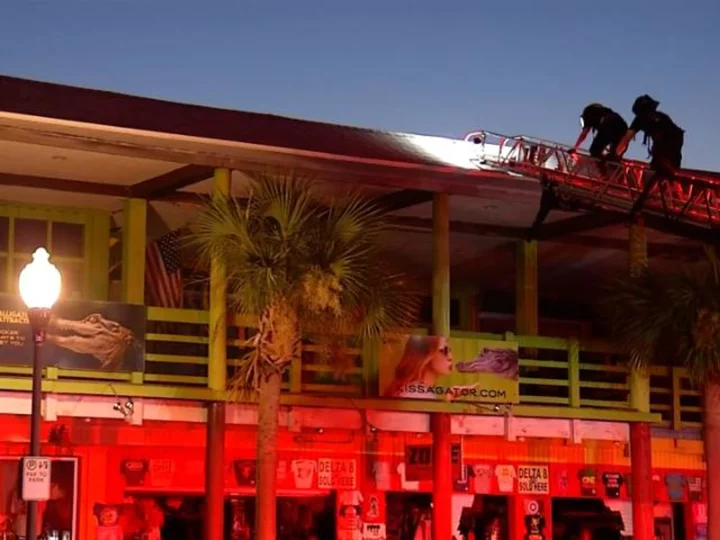
A Florida wildlife center says it lost 'nearly all' of its animals in a fire: 'We are devastated'
